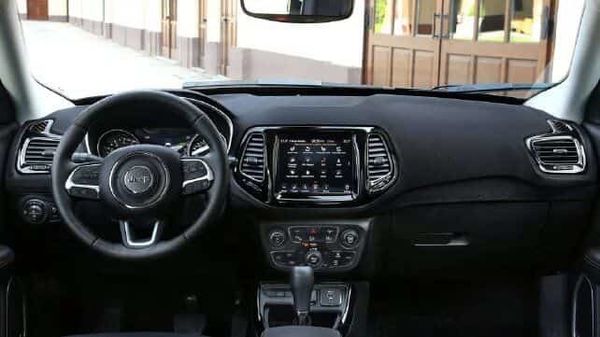Modern driver-assistance technology 'far from reliable': Study


Advanced driver assistance technology that automates steering and braking in a growing number of vehicles is not providing reliable safety benefits, a new study by the American Automobile Association showed on Thursday.
Researchers at AAA, a federation of North American motor clubs, found that the systems recorded disruptions and disengaged roughly every eight miles (12 km), encountering situations they were not equipped to handle.
Also check these Vehicles
That creates dangerous situations if drivers rely too much on the technology and stop paying attention to the road, the AAA researchers said, adding that the systems are "far from 100% reliable."
"AAA has repeatedly found that active driving assistance systems do not perform consistently, especially in real-word scenarios," Greg Brannon, AAA's director of automotive engineering and industry relations, said in a statement.
Also Read : This feature in Tesla cars claims to detect traffic lights, stop automatically
Automakers are accelerating the automation of routine driving tasks such as cruising on a highway and stop-and-go traffic. The options offer a new and sorely needed source of profit for automakers and suppliers as increasing numbers of consumers buy or lease vehicles with Advanced Driver Assistance Systems.
While some of the systems, such as automatic emergency braking, have proven safety benefits, others, including pedestrian detection systems, are still in their infancy.
The AAA study evaluated a 2019 BMW X7 with "Active Driving Assistant Professional," a 2019 Cadillac CT6 with "Super Cruise," a 2019 Ford Edge with "Co-Pilot360," a 2020 Kia Telluride with "Highway Driving Assist" and a 2020 Subaru Outback with "EyeSight" technology.
Also Read : Future BMW bikes to feature radar-based Active Cruise Control
While lane-centering and changing technology worked better on a test course with clear lane markings, the systems accounted for 73% of all disengagements in real-world driving.
AAA, which said it had met with industry leaders, called on automakers to improve the systems or risk alienating consumers likely to mistrust increasing vehicle automation.








 220.0 cc
220.0 cc 40.0 kmpl
40.0 kmpl

 40 kWh
40 kWh 150 Km
150 Km
 Petrol
Petrol












